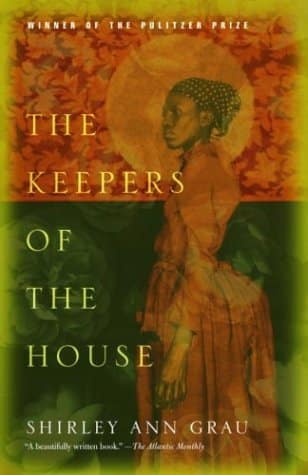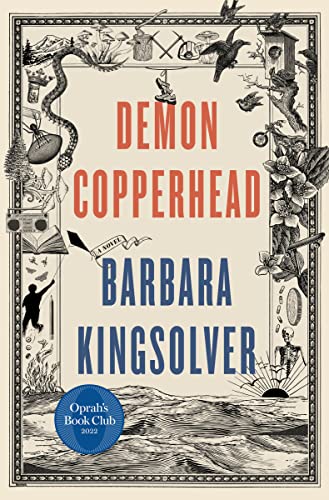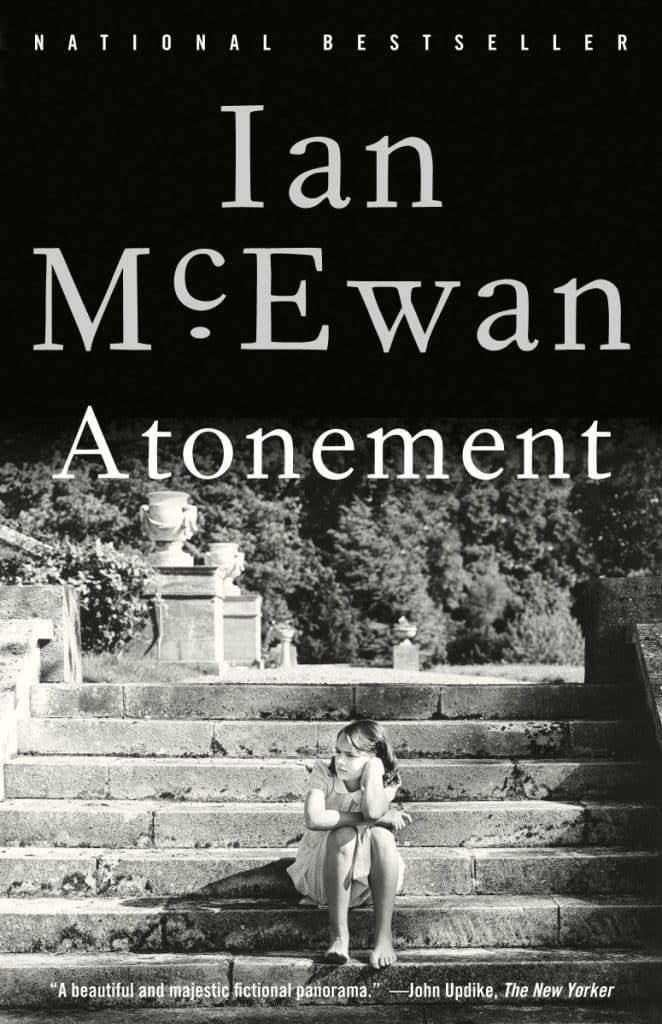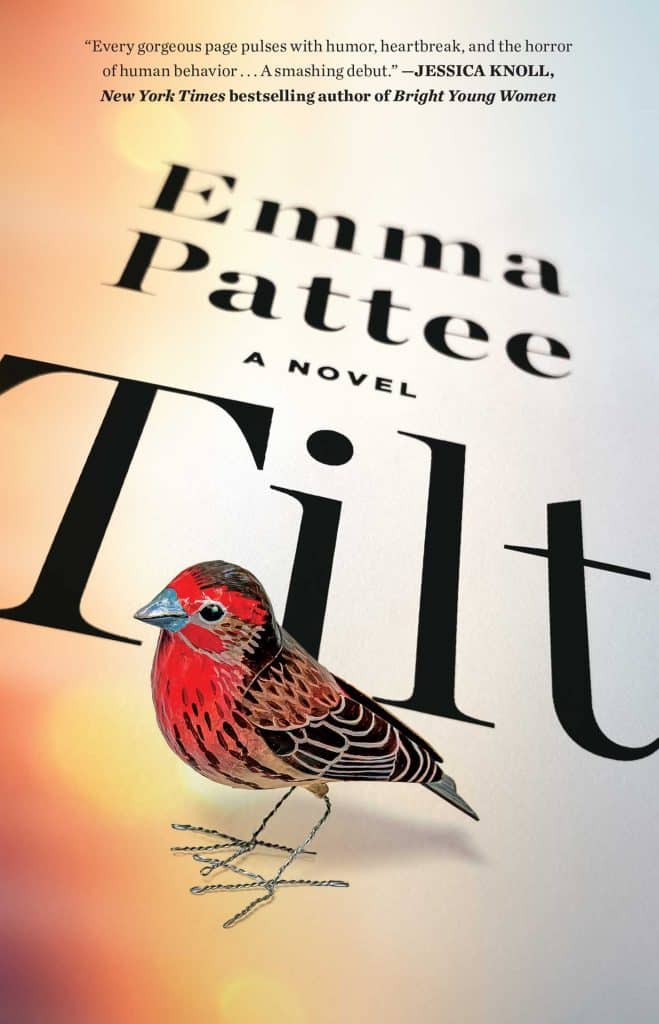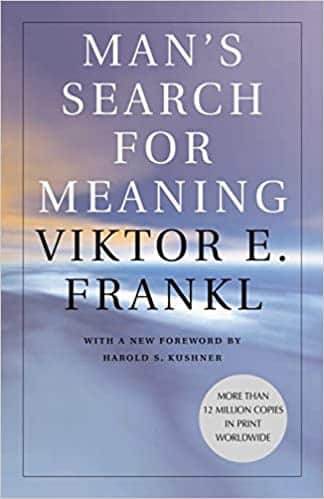
Walking Hatless This Morning
Raindrops on My Bare Head
Estimated reading time: 1 minute, 20 seconds“I didn’t recognize you,” the woman said as I crossed the footbridge over Nomahagen Lake, her voice carrying the gently lapping water. “What happened to your hat?” she asked, eyes scanning my head for the missing accessory. I had forgotten my hat when I circled my apartment building to pick up the NY Times. For a fleeting moment, I considered retracing my steps to retrieve it, but by the time I hesitated, I had already begun my walk, bareheaded. “I feel like I am walking naked,” I responded with a light chuckle as the drizzle started to collect on my head, the cool droplets mingling with my hair.
Today is a significant day for me as it marks the 1,181st day since I embarked on my journey of walking following the passing of my beloved wife. As I take each step, I hope it will be the last time I walk without a hat. Despite the rain, I am undeterred, and my spirits remain unshaken. Each step I take leads me further into an uncertain future, yet I am grateful for the ability to listen, embrace, and walk. Grief no longer anchors me to the past; I have found the strength to embrace life fully as I navigate each day alone. In the early days of mourning, I found myself confined to a closed garden of memories, yearning for the past to come alive. However, I have since found solace in living each day, accepting the present as it is, and looking forward to the future.





